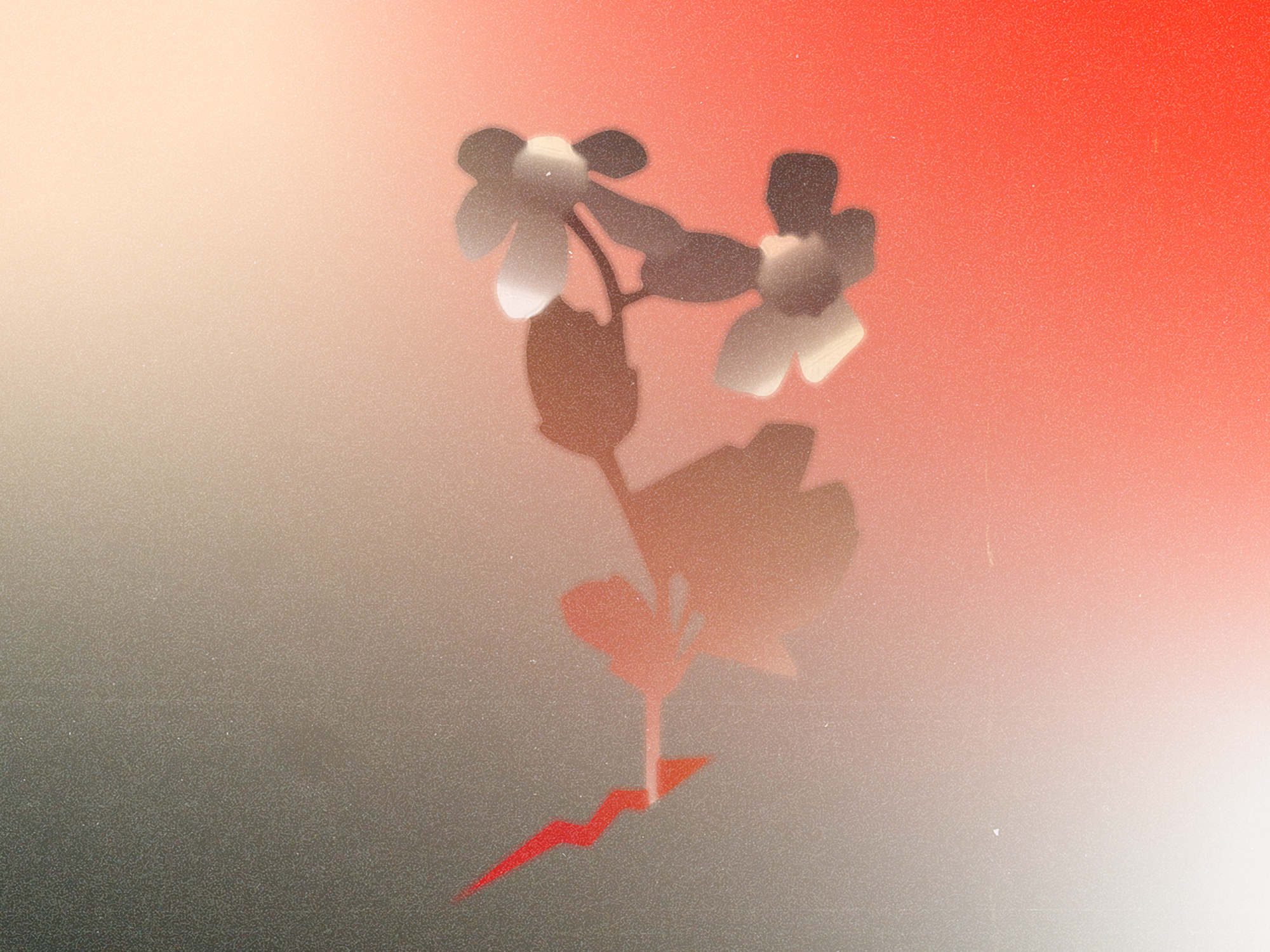Naw-Ruz
Naw-Rúz is the Bahá'í and Persian new year celebration, celebrated each year near the vernal equinox.

Renee Harleston
Reviewer URLNames: Naw-Rúz, Naw Rúz, Nowruz, No Rouz, Baháʼí Naw-Rúz
Pronunciation: Naw Rooz
Naw-Rúz is the Bahá'í and Persian new year celebration, celebrated each year near the vernal equinox.
Origin
In the Farsi language of Persia, “naw ruz” translates to “new day.” The holiday was first celebrated 3,000 years ago by practitioners of Zoroastrianism. Zoroastrianism is one of the world’s oldest religions. Naw-Rúz is celebrated in Iran as a secular holiday.
In the Bahá’í tradition, Naw-Rúz represents a moment of spiritual awakening and renewal. In the Bahá’í faith, the two messengers who founded the Bahá’í faith are named Báb and Baha’u’llah. These messengers delivered a revelation with their teachings which created the possibility for a new age of spirituality and understanding. Naw-Rúz celebrates this new age, along with the more prosaic new year.
Naw-Rúz is also called “the Day of God” and “the Day of the Point.” It is a spring festival of renewal. Naw-Rúz is one of the happiest holy days in the Bahá’í faith. It is one of nine days on the Bahá’í calendar on which work is suspended.
In Zoroastrian and Persian traditions, Naw-Rúz is a thirteen-day celebration, but it is a one-day holiday for the Bahá’í.
Traditions
Naw-Rúz is a celebratory holiday. It is the end of the 19-day Bahá’í fast. There are no specific rituals associated with Naw-Rúz. Celebrants can mark the holiday however they wish. As a new year celebration, it may be celebrated in many of the same ways as secular new year parties.
Many Bahá’í give gifts on this holiday. Celebrants frequently reflect on the year that has passed and on the year ahead. Some celebrants may pray and read Scripture. Most people celebrating Naw-Rúz mark the holiday with a feast as the holiday comes at the end of the fasting month of the Bahá’í calendar.
In Iran, where Naw-Rúz originated, there are a variety of traditions that Bahá’í may celebrate. Lentils are set in a bowl the week before Naw-Rúz and left to sprout. Celebrants engage in an intense cleaning of their home before Naw-Ruz and celebrate by wearing new, white clothes. There are other traditional items, like colored eggs and coins that may be set out on a table for Naw-Rúz. Celebrants usually dine on a meal of herbed whitefish over rice.
When it is observed
Naw-Rúz is celebrated on March 21 throughout the world, except in the Middle East, where Naw-Rúz is celebrated on the vernal equinox.
What to say
“Happy Naw-Rúz” is the traditional greeting for this holiday.